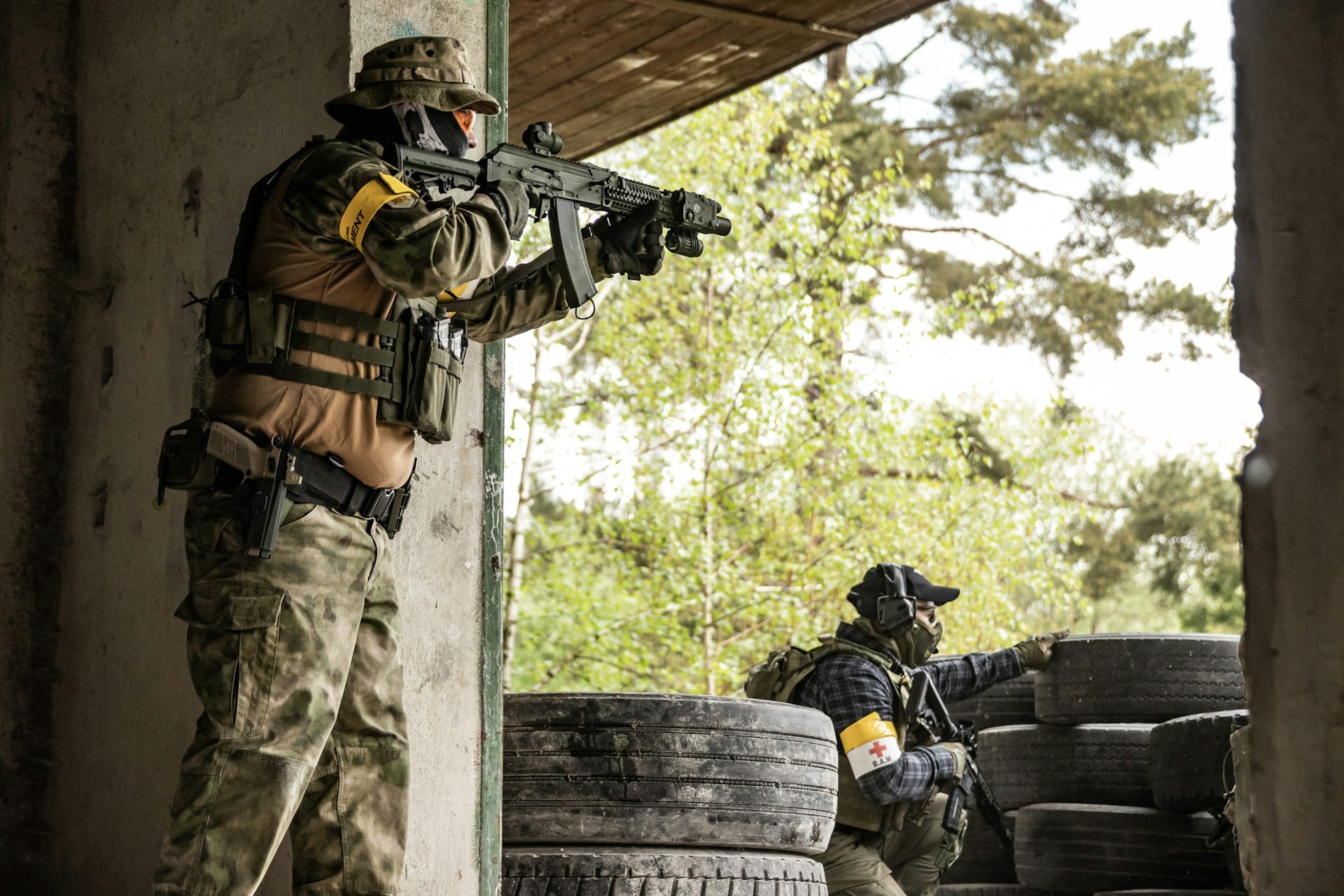The relationship between Iran and Israel has long been a key factor in the destabilization of the Middle East. Recently, Iran launched missiles toward Israel, further escalating tensions in the region. The ongoing conflict between these two countries has global implications, as it involves not only military power but also diplomatic efforts. This article explores the historical background of Iran-Israel relations, the possibility of war, and a comparison of their military strengths, providing insights into the future of this conflict.
Historical Background
The relationship between Iran and Israel shifted dramatically following the 1979 Iranian Revolution. Before that, the two countries maintained relatively friendly ties. However, after the establishment of the Islamic Republic, Iran began to view Israel as a “Zionist regime,” aligning itself with Palestinian causes and supporting groups such as Hezbollah and Hamas. This shift in policy has been a major driver of the ongoing tension and proxy conflicts in the region.
Current Situation
In October 2024, Iran launched a large-scale missile attack on Israel, marking a significant escalation in their already fraught relationship. The attack was reportedly in retaliation for Israel’s “limited ground operations” in Lebanon. Israel’s advanced missile defense system, the Iron Dome, intercepted many of the incoming missiles, although some hit Israeli territory. This event has raised concerns over a full-scale war, with international powers like the U.S. and the European Union calling for restraint.
The situation is being closely watched by the global community, as any military escalation between Iran and Israel could have devastating regional consequences.
Military Comparison: Iran vs. Israel
Iran’s Military Strength
Iran boasts a military force of around 520,000 active personnel. It has focused heavily on developing ballistic missile technology capable of reaching Israel and parts of Europe. Additionally, Iran’s Revolutionary Guard (IRGC) supports proxy forces across the region, expanding its influence through indirect conflict.
Israel’s Military Strength
On the other hand, Israel maintains a highly advanced military force with approximately 170,000 active personnel. Its missile defense systems, such as the Iron Dome and David’s Sling, are some of the most sophisticated in the world. Furthermore, Israel is widely believed to possess nuclear weapons, which serve as a significant deterrent against potential attacks.
While both countries have formidable military capabilities, their strategies and areas of strength differ. Iran’s reliance on missile technology and proxy groups contrasts with Israel’s high-tech defensive systems and strategic deterrence.
International Response
The international community has reacted swiftly to Iran’s missile attack. The United States has expressed strong support for Israel, with discussions of further sanctions against Iran. The European Union has condemned the attack, urging both countries to exercise restraint. Meanwhile, Middle Eastern nations, such as Saudi Arabia and Egypt, are concerned about the potential spillover of conflict and are advocating for diplomatic resolutions.
Japan, which relies heavily on Middle Eastern energy supplies, has also called for peaceful dialogue between the two nations while expressing concerns over energy security in the region.
Future Outlook
As tensions between Iran and Israel continue to escalate, the future remains uncertain. If the conflict intensifies into full-scale war, the entire region could be drawn into the fighting, with potentially disastrous consequences. Key global players, including the U.S., Russia, and Saudi Arabia, will likely play crucial roles in shaping the conflict’s outcome.
Furthermore, the presence of nuclear weapons and the potential for their use looms large over any discussions about future hostilities. The international community must find ways to de-escalate tensions and promote diplomatic solutions to prevent a catastrophic conflict.




Comments